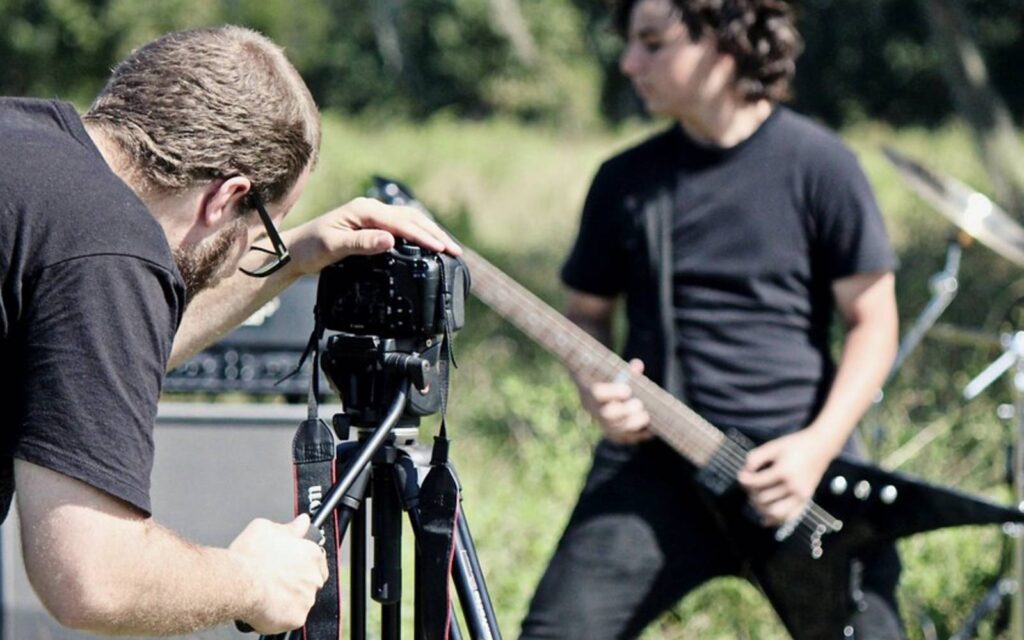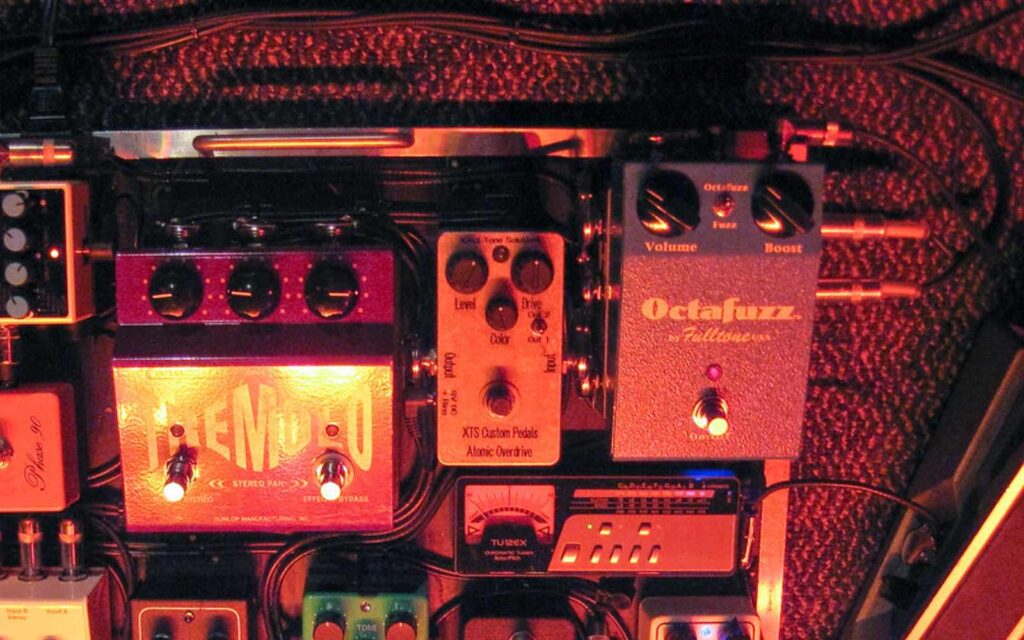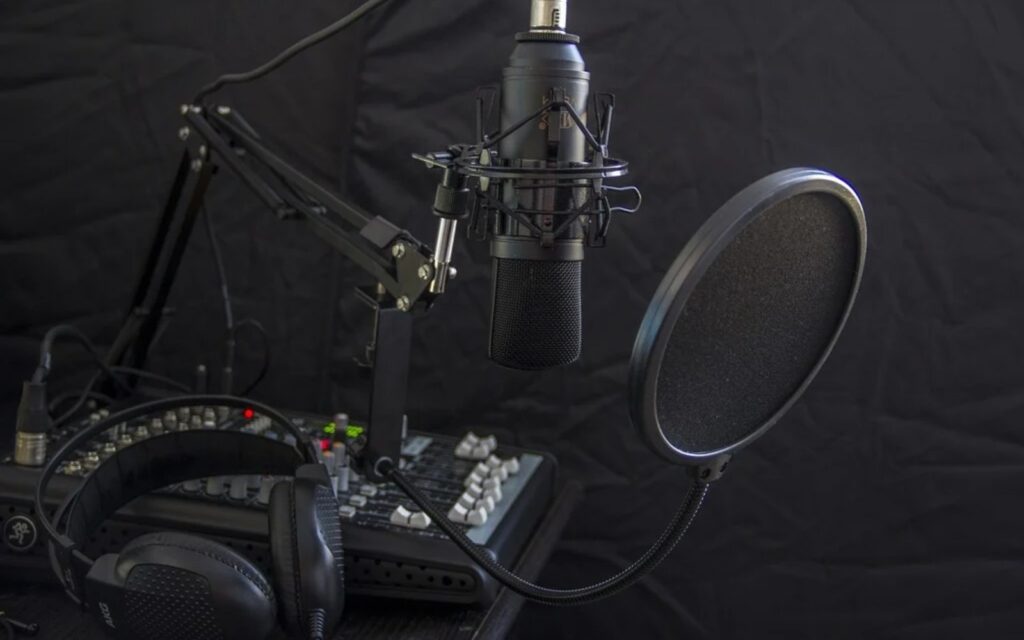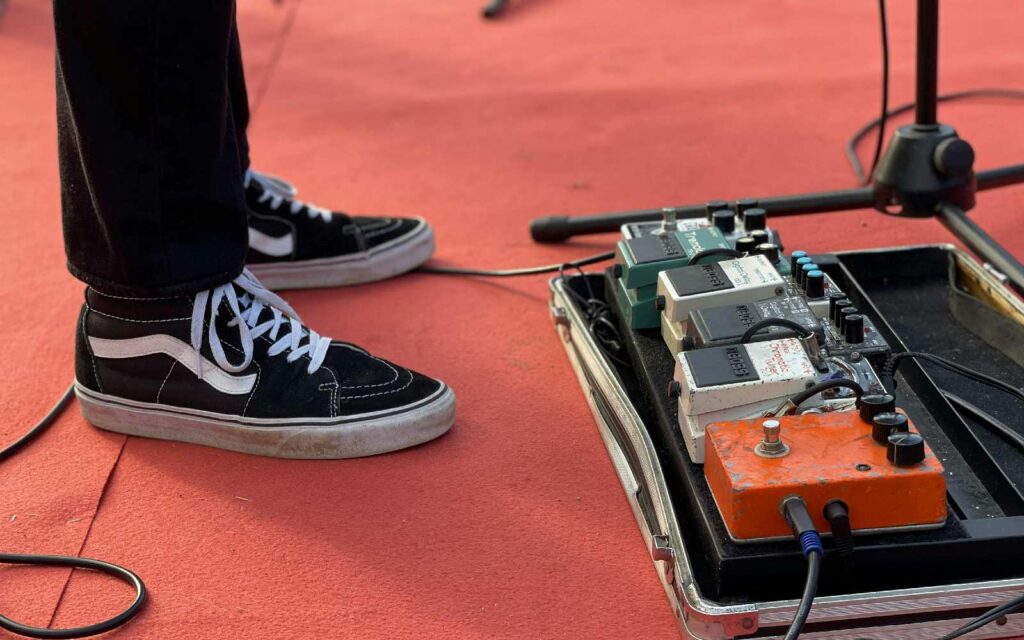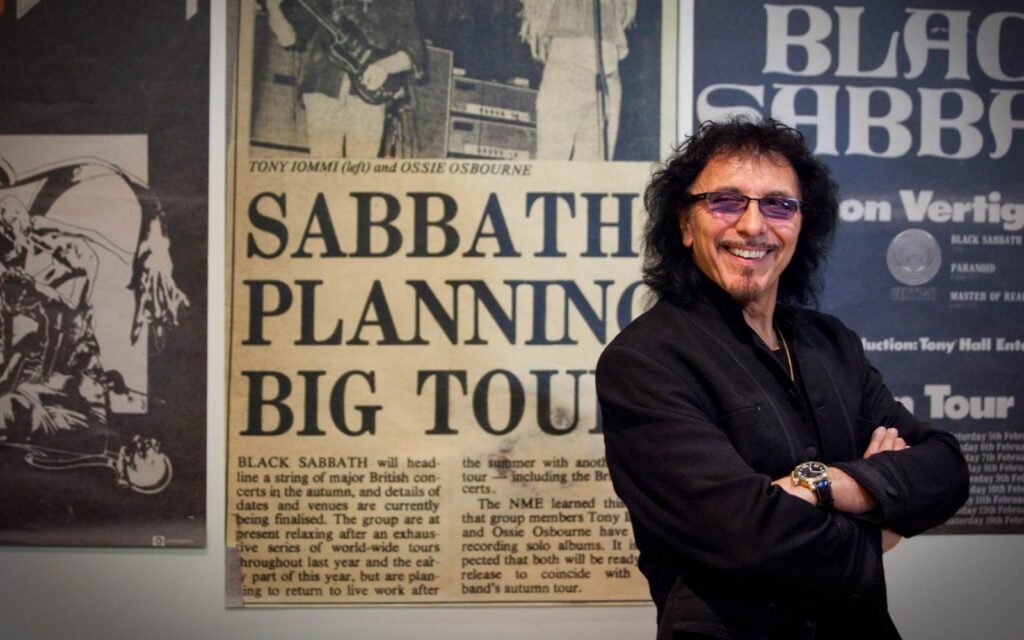Comping is a skill that can never be over practiced in jazz, so get to it!
Comping is an important skill for jazz guitar players, and refers to players who ac(comp)any a singer or lead instrument. Depending on the arrangement this can refer to simply playing chords, or it can involve syncopation to combine rhythm and chords to fill out a space a bit more. It can also be used to offset what the rhythm section might be doing.
Having good time is everything. Even the most amazing facility and technical playing doesn’t mean much if it doesn’t feel good. Comping/rhythm wise, put on a metronome or drum machine and have a really good listen to yourself. Are you pushing? Or sitting back? Or right on the beat? There are times when any of these are useful but a lot of players wouldn’t even be aware what they’re doing. The same goes for single note playing… be careful where you are placing the notes. Metronome again is a winner, try slow… like really slow and make sure of both hands aiming for clear and precise notes. Your picking hand is consistent and your fretting hand is fretting clearly.
Read all the latest features, columns and more here.
Think about whether you want to use fingers and thumb or a pick, or a hybrid of both? Players like Brian Setzer do a great job of tucking their picks away with not being used.
Once you’re up and running, switch it up and run through the whole gamut of tempo possibilities trying to find weak areas. ‘Table of time’ type subdivision exercises are great too (Semibreves, then minims, then crotchets, then quavers etc).
Articulation
How are you playing your notes and chords? Are you playing at the same dynamic? Too loud? Too soft? Do you accent certain notes of rhythms? Do you struggle accenting certain note or rhythms? You get the idea.
Sometimes you don’t want an even dynamic, i.e. muted low bass notes and bright, sparkling chords, but the control over it all is the focus.
Thinking about these areas and listening to your own playing is where it all starts. I’ve been caught in the battle of playing loud gigs and digging in way too hard meaning my technique gets sloppy and I don’t have as much facility. Not always possible I know but the answer should really be to get yourself some more volume/foldback and relax on the guitar. Think about your overall volume – what’s your default level? I’d bet a lot of guitarists play up at 70%-80% of their maximum volume. If so, where does that leave you to go if you want to increase your dynamics/attack? Not much room hey. Hammer ons/legato/alternate picking etc. are then all fair game too.
Chords and comping
As a jazz guitar player, comping is realistically the thing that you’ll be doing the most. Playing in a band, accompanying a singer/sax player/whatever all need a solid base of chord playing in some form. Having a broad palette of chords to pick from gives you options for voicings and sounds. Yes simple open G, C, D and Em are still used a lot in jazz guitar but having more chords to call on helps with your creativity and gives you options for fitting in around piano/bass etc. There are times when higher voicings are more appropriate than thick low barre chords (and vice versa). And yes, the chords/comping aspect can also be linked to timing. The most dazzling array of voicings and comping ideas won’t mean a thing if it doesn’t feel good.
Try incorporating a few back to school/back to basics/self check ideas into your practice routine and don’t be afraid to break it down very simply. Nothing wrong with refining your technique and playing to allow you to play whatever you choose more comfortably!
Jens Larsen has a huge library of setting you off on the right foot playing jazz guitar. Check him out here.


